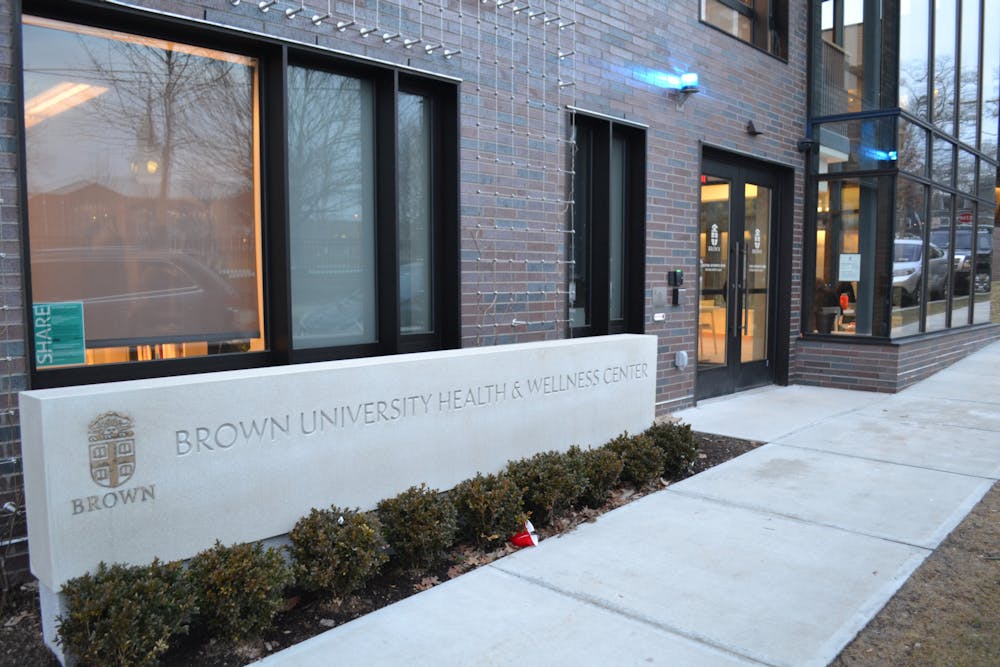Health services is offering 5 needle protocol ear acupuncture for students coping with stress, anxiety, pain, trauma and substance recovery, according to a March 14 Today@Brown announcement. Groups of about 20 students meet Tuesdays for weekly sessions, during which five needles are inserted into various sites in both ears for up to 45 minutes.
5NP acupuncture targets five points in the ear “to address physical and emotional symptoms,” according to a program flier reviewed by The Herald. The ear contains nerves that “engage the body’s rest-and-digest and social engagement systems,” the flier reads, making the therapy a stress reliever.
Rhode Island legislation passed into law in 2021 allows trained social workers, mental health, drug and alcohol counselors and peer recovery coaches and nurses to practice 5NP without a full acupuncture license.
Last winter break, Tanya Sullivan, assistant clinical director and nurse practitioner, and Daisy Ferreira, nurse practitioner, completed rigorous training to earn 5NP ear acupuncture certifications. They now administer 5NP acupuncture at the University, citing it as an opportunity to further support students.
“We interface with students every day who are distressed by feelings of stress, anxiety, depression, trauma, grief and physical pain,” Sullivan said. “This is one additional modality that we’re able to offer. We’re fortunate to have the space and we also have (administrative) support.”
Mariah Stump, assistant professor of medicine and clinician educator at the Warren Alpert Medical School and acupuncturist at the Lifespan Lifestyle Medicine Center, said that acupuncture has been a fixture of Eastern medicine for thousands of years, and now the practice is more recently being incorporated into Western medicine.
5NP ear acupuncture has been used to assist patients suffering acute trauma, Stump added, as well as victims of 9/11 and Hurricane Katrina. Because the process is quick and safe, and training is accessible, mental health professionals are using 5NP as a method of crisis intervention and anxiety reduction.
“The side effects are you may be sleepy and tired, but that may be a desired effect,” Stump said, speaking on the safety of acupuncture. “These needles are extremely thin and they’re extremely shallow.”
Autumn Wong ’25 shadowed an acupuncturist last summer at the Veterans Affairs Medical Center in West Palm Beach, Florida. Wong, who helped veterans deal with chronic pain, nerve issues and mental health conditions, said that some patients dealing with chronic pain found relief through acupuncture after conventional pain management methods had failed.
Wong said she supports the intersection of Western and Eastern medicine, adding that cultural recognition of acupuncture is important.
“With practices like this, you have to acknowledge the cultural origins,” Wong said, “especially when they’re coming in from a different continent or a different part of the world.”





